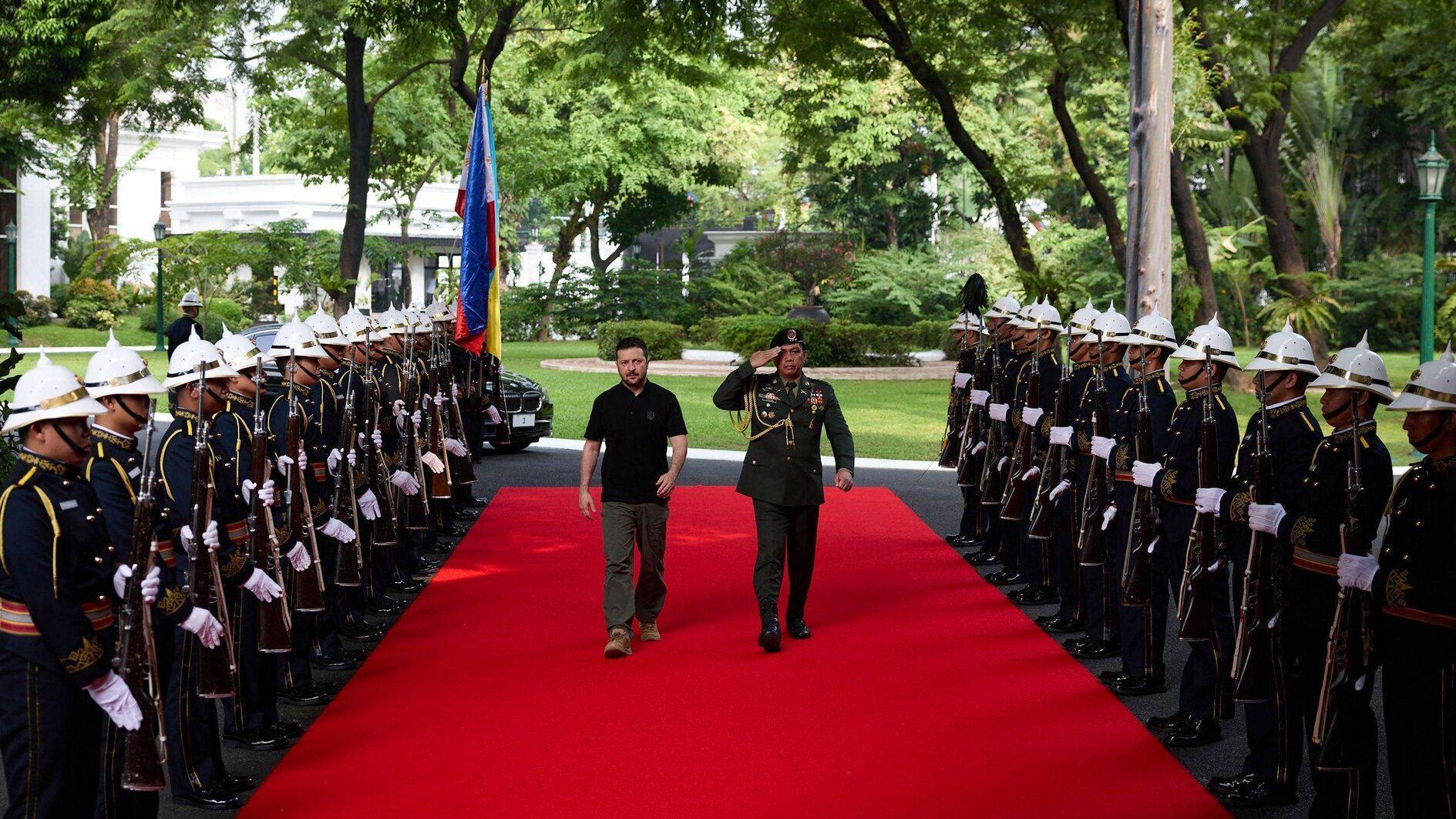Turkey climbs up in UN human development index rankings
ANKARA- Anadolu Agency

Classified in the very high human development category for the second time in a row, Turkey climbed up five places and ranked 54th among 189 countries and territories last year.
The country posted a 0.820 value in the human development index (HDI), a figure reported by the U.N. Development Program (UNDP) for 189 countries revealed on Tuesday.
The Human Development Report, titled The Next Frontier: Human Development and the Anthropocene, showed that Turkey made significant improvements since 1990, when the Human Development Reports first began to be released. The country's HDI value rose by 40.7% from 0.583.
HDI is a summary measure for assessing long-term progress in three basic dimensions of human development: A long and healthy life, access to knowledge and a decent standard of living.
Retaining its top position, Norway posted an index value of 0.957 in 2019, followed by Switzerland with 0.955, as well as Iceland and Hong Kong with 0.949 each.
Niger, at 0.394, was at the bottom of the index rankings. It was followed by the Central African Republic with 0.397, Chad with 0.398, and South Sudan and Burundi, both with 0.433.
The report said the average index value stood at 0.898 for the very high human development group and 0.791 for countries in Europe and Central Asia.
Life expectancy at birth in Turkey last year had increased by 13.4 years from 1990.
The country's mean years of schooling climbed by 3.6 years over the last 29 years, while expected years of schooling increased by 7.7.
Turkey's Gross National Income (GNI) per capita jumped over 122.4% to $27,701 between 1990 and 2019, the report said.
It also disclosed the standings for the gender inequality index, which reflects gender-based inequalities in three dimensions - reproductive health, women's empowerment and economic activity.
Turkey stood at 66th out of 162 countries with a gender inequality index value of 0.306 last year.
The report, which depicts the state of human development before the onset of COVID-19, underlined that unless our species relaxed its grip on nature, it would face new crises in the future.
A new human development index accounting for key planetary pressures - the country's level of carbon dioxide emissions and material consumption - was also included in this year's report.
More than 50 countries fell from the very high human development category, reflecting their dependency on fossil fuels their and material footprint.
No country in the world has yet achieved very high human development without putting immense strain on the planet, the report underlined as it called world leaders to take bold steps to ease the pressures on nature and the environment in the course of progress.
Pointing out that humanity entered a new geological epoch defined as the "Anthropocene" or "Age of Humans," the report highlighted that countries should redesign their paths to progress by fully accounting for the dangerous pressures humans put on the planet and dismantling the imbalances of power and opportunity that prevent change.
"By the new index adjusting the Human Development Index by a country's per capita carbon dioxide emission and material consumption based on the 2019 data, Turkey ranked 44th among 169 countries at 0.746."
















